Why is My Wireless Display Not Connecting on Android?
The wireless display on Windows can act up for a number of reasons. In this article, we have discussed the potential reasons for wireless display not connecting on Android, complete with 7 ways to fix this issue.
Why is My Wireless Display Not Connecting on Android?
Screen mirroring your phone to the computer with Wireless Display alternative.
- Fast response time within 10 ms and 60fps frame rate.
- A stunning visual experience with no color difference.
- Lag-free screen mirroring and 4k resolution.
Available for both Win & Mac
Are you having trouble connecting your Android device to another device or display wirelessly? Is your Miracast not connecting on Android? Don’t worry, you’re not alone!
It can be really frustrating when you’re trying to share your screen and encounter connectivity issues. The good news is that we’re here to help!
We’ll walk you through some of the most common causes behind the wireless display not connecting issue and provide easy-to-follow solutions that will get your device’s screen mirroring up and running in no time.
However, before you get to the “hows”, let’s explore the “whys.”
Table of ContentsHide
Identify Your Problem with Wireless Display
Wireless Display Not Connecting: Why This Happens?
How to Fix Wireless Display Not Connecting Android
- 1. Make Sure Screen Mirror Feature is Enabled on Android
- 2. Check Device Compatibility
- 3. Use An Alternative Screen Mirror Tool
- 4. Connect to the Same Wi-Fi
- 5. Disable Low Power Mode
- 6. Update Android OS
- 7. Restart Device
How to Know If My Computer Supports Wireless Display?
Identify Your Problem with Wireless Display
If you’re having trouble connecting wirelessly to a display, it’s important to identify what exactly is causing the issue. Generally, there are two main types of problems you might encounter:
Problem With Wireless Display Adapter (For Windows Computer to TV)
If you’re trying to mirror your Windows computer screen on your TV with a Wireless Display Adapter and running into some issues, it could be due to several problems.
Some common problems that people face with this setup include the following:
- Having trouble connecting the adapter
- Experiencing interruptions while screen mirroring
- Noticing image quality issues.
Problem With Android Screen Mirroring to Windows Computer
The second wireless display problem involves having trouble wirelessly mirroring your Android device’s screen to your Windows computer using the Wireless Display function and the Connect app.
Some issues you might face in this situation include:
- Being unable to connect
- Experiencing sudden disconnections
- Running into compatibility issues
However, regardless of which wireless display issue you might be facing, we’ll walk you through some simple troubleshooting steps and solutions to ensure a smooth and hassle-free experience with wireless display connectivity.
Wireless Display Not Connecting: Why This Happens?
If you are facing screen cast WiFi not connected issues with the Wireless Display Adaptor for Windows or Android, there could be several reasons for it.
For instance:
- Incompatibility Issues
Sometimes, your Android phone and the display you want to connect to, like a TV or Windows computer, might not use the same wireless display technology, such as Miracast or Chromecast. This could cause compatibility issues. - Network Issues
Having a strong and stable Wi-Fi connection is really important when it comes to Wireless Display. If your Wi-Fi signal strength is weak or you experience any network interruptions, it can disrupt your connections and cause connectivity issues. - Incorrect Device Settings
The settings on your Android device or the display you want to mirror your screen to can also cause screen mirroring not working on Android. To ensure everything goes smoothly, make sure both devices have the screen mirroring option enabled. - Outdated Software
Another reason you’re experiencing compatibility issues between your Android device, target display, or Wireless Display adapter could be due to outdated firmware or software. To fix this, just make sure all your devices are updated to the latest version. - Screen Mirroring App
If you’re having trouble with screen mirroring on your Android device, it could be due to bugs or compatibility issues with your mirroring app. - Device Limitations
This rarely happens, but some Android devices might have some unique limitations when it comes to using wireless display functionality.
Now that you know the possible reasons behind the Wireless Display not connecting to Android, let’s go through some quick fixes for this issue.
How to Fix Wireless Display Not Connecting Android
If you find your wireless display not working, here are 7 ways to get it working again:
1. Make Sure Screen Mirror Feature is Enabled on Android
One reason your wireless display not connecting Android could be because the screen mirroring feature on your Android device is disabled.
Here’s how to enable it:
Step 1. On your Android device, go to “Settings > Screen Mirroring.”
Please note that the term for “Screen Mirroring” might differ on different Android models. Therefore, look for anything that says Smart View, Cast, SmartShare, Quick Connect, or similar names.
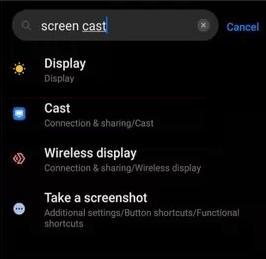
Android Screen Cast Option
Step 2. If the toggle for screen mirroring is off, turn it on to enable the feature.
If your wireless display was not working due to disabled screen mirroring, it will start working now.
2. Check Device Compatibility
Some older versions of Android and Windows do not support screen mirroring. Therefore, if you have a Windows version older than 8.1 or a WiFi adaptor or graphics card that isn’t Miracast-compatible, screen mirroring would be an issue.
Similarly, if you have an Android device running on an Android version earlier than 4.2 (Jelly Bean), it won’t support screen mirroring.
3. Use An Alternative Screen Mirror Tool
If your device has no built-in screen mirroring option or you have difficulty connecting it to your Windows PC, we suggest using a third-party screen mirroring tool like AnyMiro.
AnyMiro lets you easily mirror the screen of your mobile device on your computer. Whether you’re an iOS or Android lover or use a PC or a Mac, AnyMiro allows you to enjoy top-quality screen mirroring!
Plus, you can connect your phone via USB or wirelessly, making it super convenient regardless of your device’s age or model. Give it a try and take your mobile experience to the next level!
Steps to Mirror Android to PC Wirelessly via AnyMiro
Here are the detailed steps to mirror Android to PC using AnyMiro’s wireless connectivity feature:
Free Download for all windows & 100% safe Free Download for all mac & 100% safe
Free Download100% Clean & Safe
Step 1. Download AnyMiro on your PC and select “Android” from the interface.
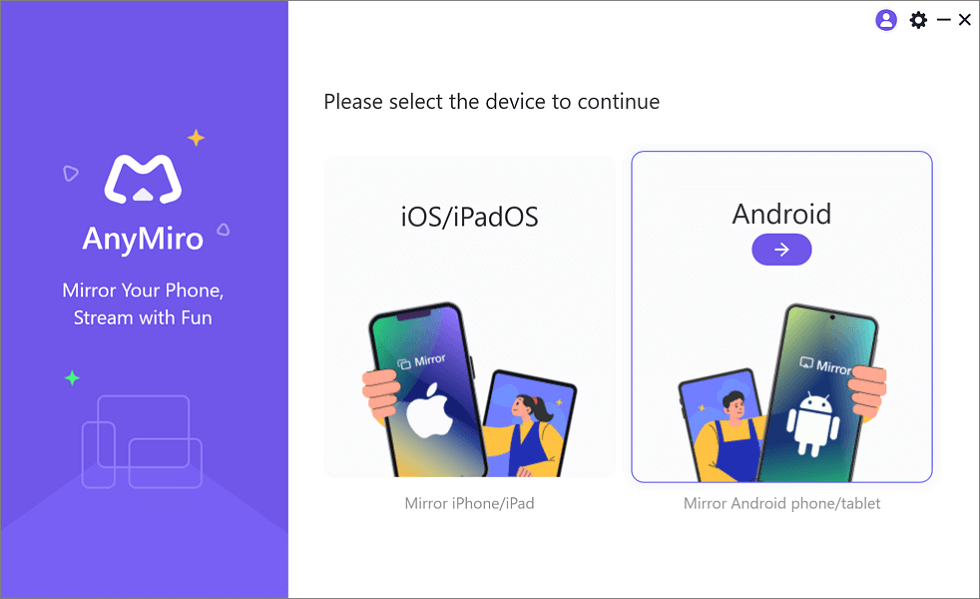
Mirror Android to Computer
Step 2. Make sure your Android phone and PC are connected to the same WiFi network, and click on “WiFi” from the menu on the left.
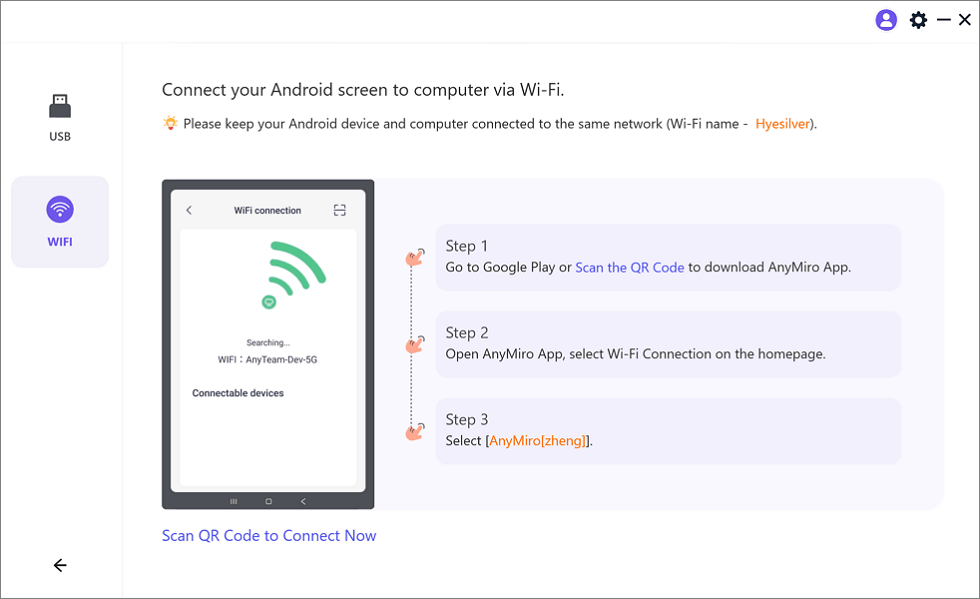
Mirror Android to Computer via WiFi
Step 3. Scan the QR code displayed on your PC screen with your phone to get the AnyMiro mobile app.
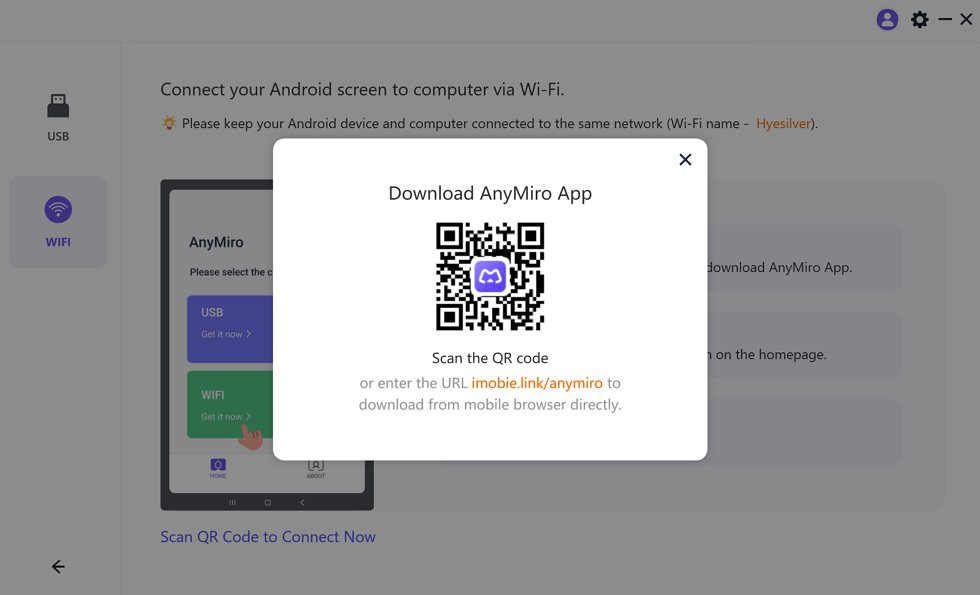
Download AnyMiro App on Your Phone
Step 4. Launch the mobile app and select “WiFi Connection” from the options.
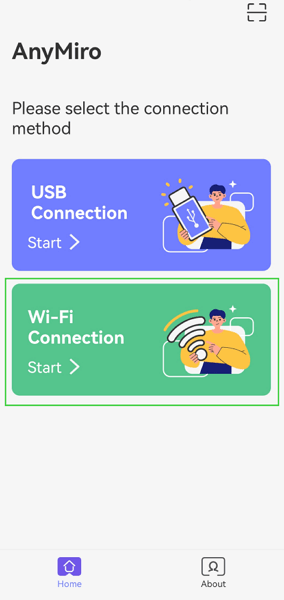
Select the Connection Method
Step 5. A list of available devices will appear on your phone screen. Tap your Windows PC’s name to connect both devices and start screen mirroring.
4. Connect to the Same Wi-Fi
If you notice the screen mirror not working on Android, check whether both your devices are connected to the same Wi-Fi network.
Here’s what to do:
Step 1. On your Android, go to “Settings > Wi-Fi” and see which network it is connected to.
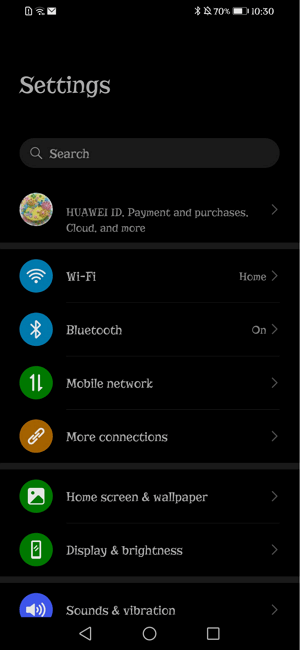
Check Wi-Fi Network on Android
Step 2. On your Windows PC, go to the Wi-Fi setting from the taskbar and make sure it is connected to the same network as your Android.
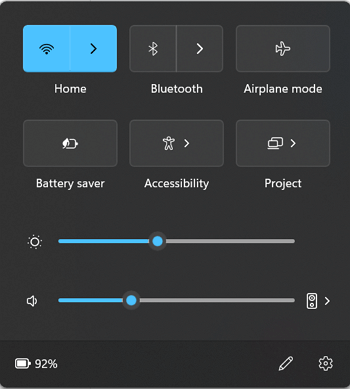
Connect Both Devices to the Same WiFi Network
5. Disable Low Power Mode
When the battery level on your Android reaches a certain level, it activates the Low Power Mode on your device. This mode automatically limits your device’s functionality by turning off background apps and other features, including screen mirroring.
Therefore, if this is the case, disabling the Low Power Mode might enable screen mirroring.
To disable Low Power Mode, follow these steps.
Step 1. On your Android device, go to “Settings > Battery.”
Step 2. Now turn the toggle off for “Low Battery Mode” or “Battery Saver,” as the term may vary based on your Android model.
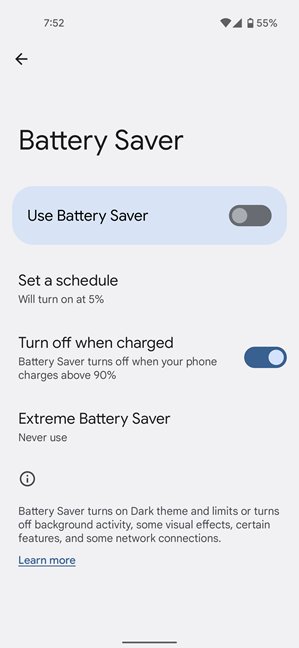
Disable Low Power Mode
Once your device is out of the battery saver mode, you can attempt mirroring its screen again.
6. Update Android OS
If your device is running on an outdated OS, it can also cause the wireless display not to connect to Android. Therefore, try updating your OS to fix this issue.
Here’s how:
Step 1. Go to “Settings > System > System Update.
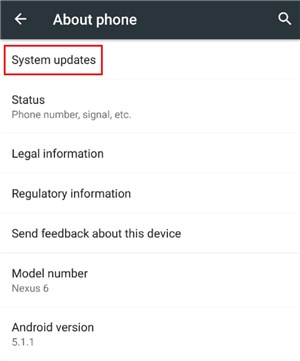
Choose the “System Update” Option
Step 2. Tap on “Check for Updates.” If an update is available, tap “Download and Install.”
Once the update has finished installing, your Android will restart, after which you can try screen mirroring it to a PC.
7. Restart Device
And, if nothing else works, you can simply restart your device to get rid of minor system glitches causing the wireless display to act up.
To restart your device, follow these steps:
Step 1. Press and hold the power button for a few seconds till you see “Power Off” or “Restart” on the screen.
Step 2. Tap “Restart” to restart your device.
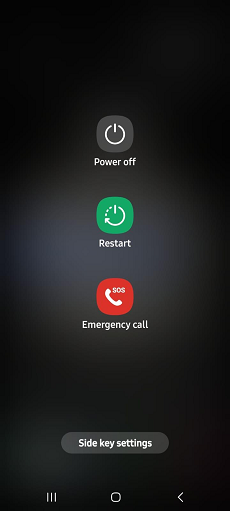
Restart option
However, if even after restarting your device, the wireless display not connecting issue persists, it’s time to let the pros handle it!
How to Know If My Computer Supports Wireless Display?
If you are having issues screen mirroring your smartphone to your Windows PC or casting your PC screen to a TV, you can check whether your PC supports Miracast or not.
Here are the steps to check its supportability for Miracast:
Step 1. Click on the “Start” menu and type “dxdiag” in the search box.
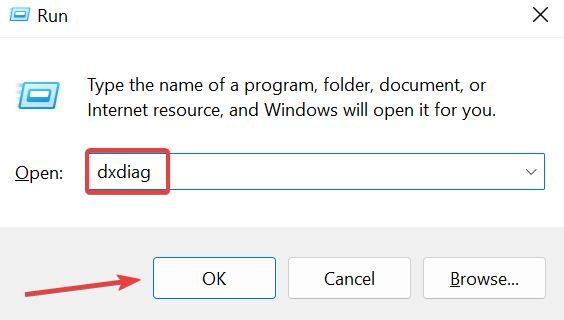
Type “dxdiag” on the Text Box
Step 2. Click on “Dxdiag” to open the DirectX Diagnostic Tool.
Step 3. Click on the “System” tab and look for a line that says “Miracast: Available, with HDCP.” If you see this line, it means your computer supports Miracast. If it’s not listed or says “Miracast not Supported,” it means your PC does not support Miracast.
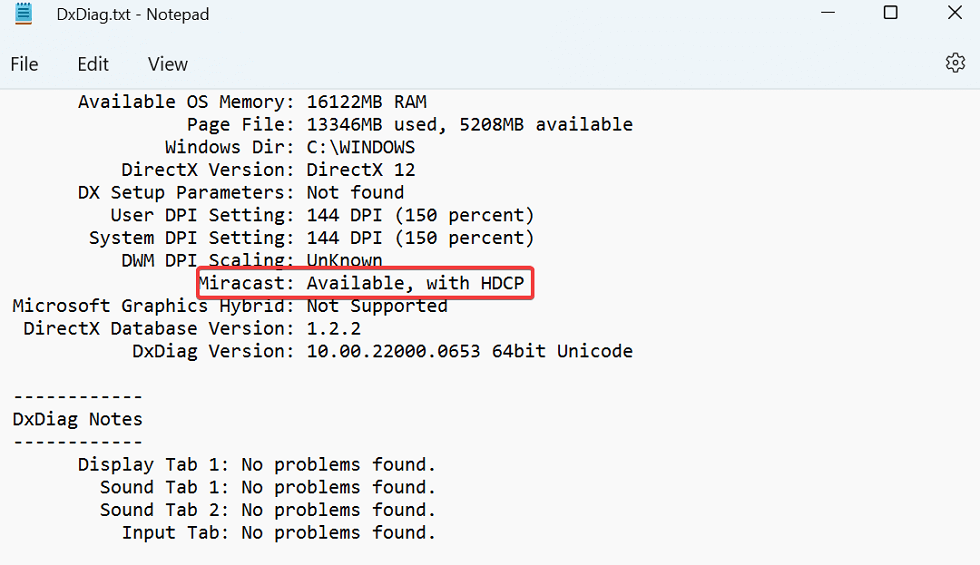
The DxDiag Document
You might have to update your drivers to get your computer to support Miracast.
Final Words
We all need to cast our Android screen to a bigger screen for a better viewing experience or to share our screen with others. However, sometimes you might face the wireless display not connecting issue.
In this comprehensive guide to wireless displays, we have discussed several potential reasons for this problem to arise and 7 possible solutions to it. As a bonus, we have also thrown in steps to check whether your PC supports Miracast or not.
So, the next time you face screen mirror connectivity issues, you know where to come for help!
Product-related questions? Contact Our Support Team to Get Quick Solution >

